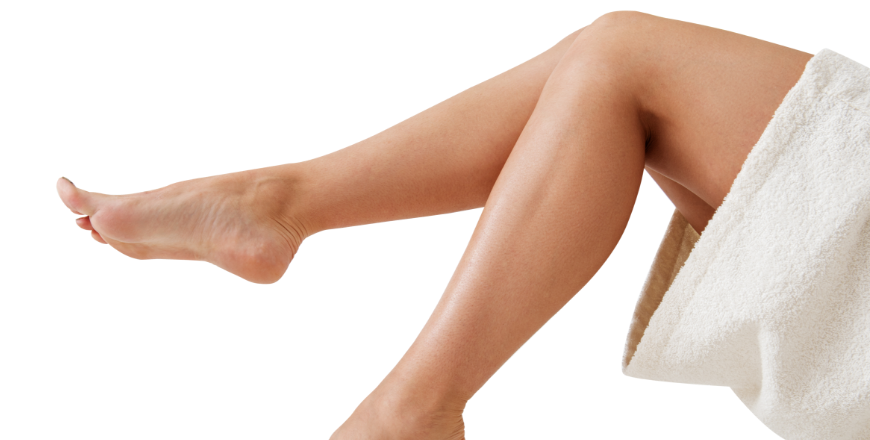Is it Worth Getting Varicose Veins Removed?
Varicose veins, those twisted, bulging veins that often appear on the legs, can not only be unsightly but also cause discomfort and even health issues for some individuals. If you're considering seeking treatment for varicose veins, you may be wondering: is it worth it? In this comprehensive guide, we'll delve into what a vein clinic does, the advantages of seeking treatment, and ultimately, whether removing varicose veins is worth it for you.
Understanding Varicose Veins: What They Are and Why They Form
Before we delve into the benefits of vein clinic treatments, let's first understand what varicose veins are and why they develop. Varicose veins are enlarged, swollen, and twisted veins that typically appear on the legs and feet. They can be blue, red, or flesh-colored and are often visible beneath the skin's surface.
Varicose veins develop when the valves in the veins malfunction, causing blood to flow backward and pool within the veins. This pooling of blood leads to increased pressure within the veins, causing them to stretch, swell, and become visible as varicose veins.

What Does a Vein Clinic Do?
Vein clinics specialize in the diagnosis and treatment of various vein disorders, including varicose veins. These clinics are staffed by healthcare professionals who have expertise in vascular medicine and provide comprehensive care for individuals with vein-related issues.
The primary goal of a vein clinic is to alleviate the symptoms associated with varicose veins and improve the overall appearance of the affected area. Vein clinics offer a range of treatment options, including:
Sclerotherapy:
This minimally invasive procedure involves injecting a solution directly into the varicose vein, causing it to collapse and eventually fade away.
Endovenous Laser Ablation (EVLA): During this procedure, a thin laser fiber is inserted into the affected vein, where it delivers laser energy to seal the vein shut, rerouting blood flow to healthier veins.

Radiofrequency Ablation (RFA):
Similar to EVLA, RFA involves using heat energy generated by radiofrequency waves to close off the varicose vein.
Vein Stripping:
In more severe cases, surgical vein stripping may be necessary to remove the affected vein entirely.
Compression Therapy:
Vein clinics may also recommend wearing compression stockings to help improve blood flow and alleviate symptoms associated with varicose veins.
Advantages of Varicose Vein Removal
Now that we understand what a vein clinic does, let's explore the advantages of seeking treatment for varicose veins:
Improved Appearance:
One of the primary reasons individuals seek treatment for varicose veins is to improve the appearance of their legs. By removing or reducing the visibility of varicose veins, individuals can feel more confident and comfortable in their skin.
Pain Relief:
Varicose veins can cause a range of uncomfortable symptoms, including pain, achiness, and heaviness in the legs. Treatment from a vein clinic can help alleviate these symptoms, improving overall comfort and quality of life.
Prevention of Complications:
Untreated varicose veins can lead to more serious health complications, such as skin ulcers, blood clots, and venous insufficiency. Seeking treatment from a vein clinic can help prevent these complications from occurring.
Increased Mobility:
For some individuals, varicose veins can hinder mobility and make it difficult to engage in physical activities. By seeking treatment, individuals can experience improved mobility and enjoy a more active lifestyle.
Comments
Post a Comment